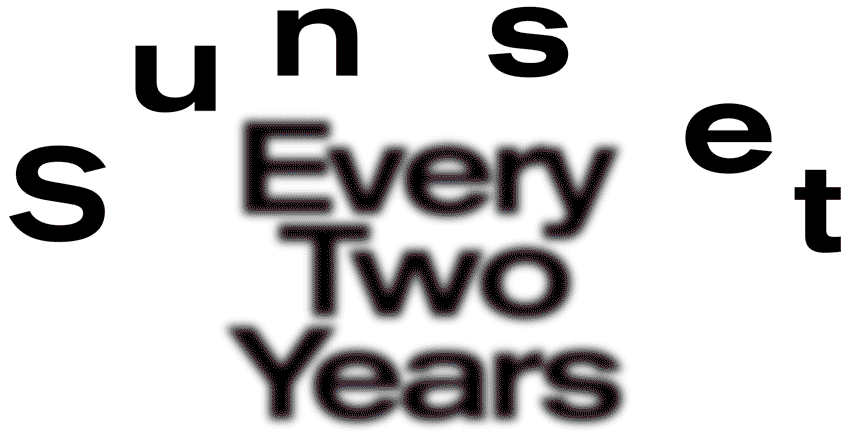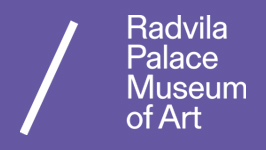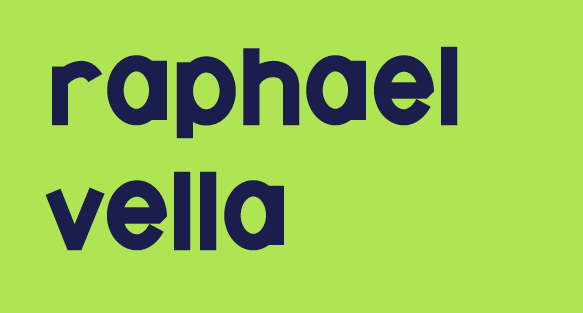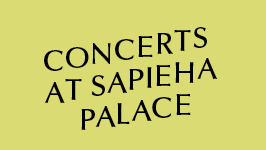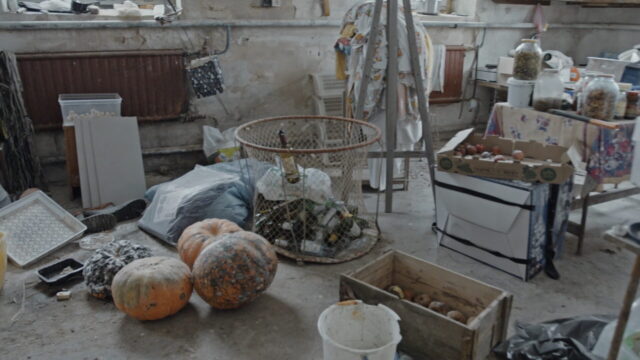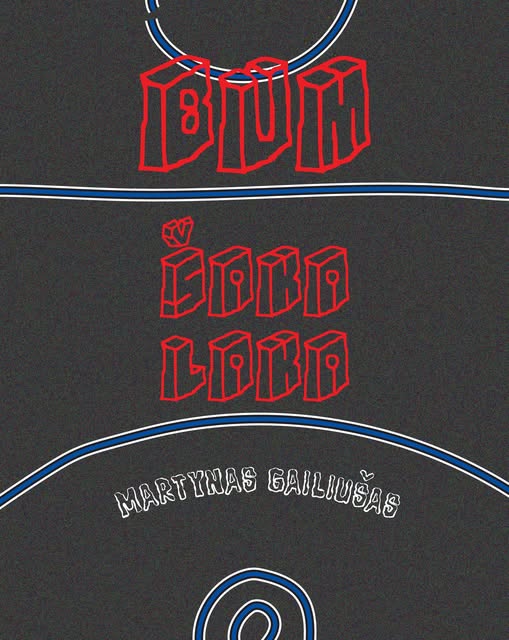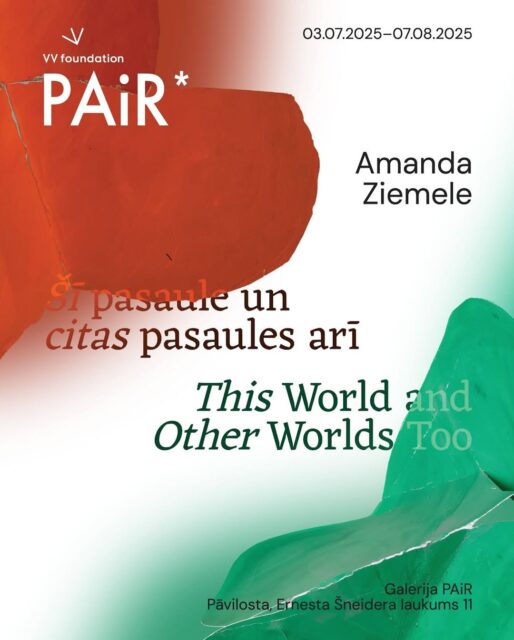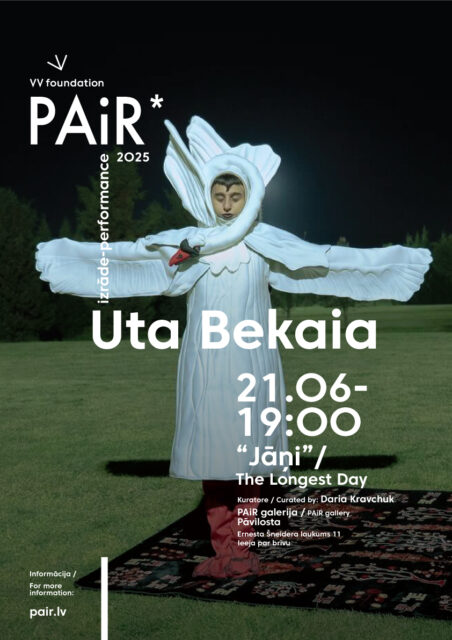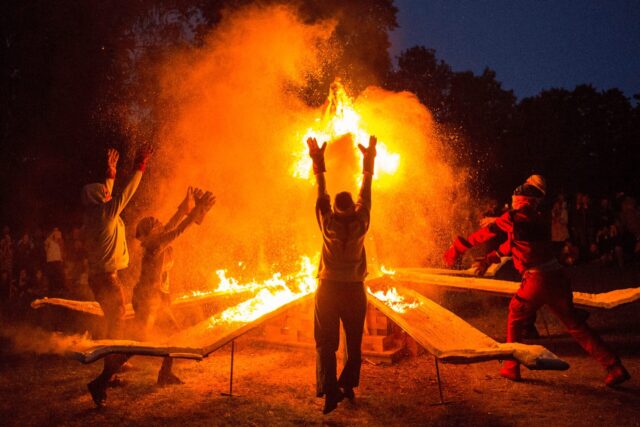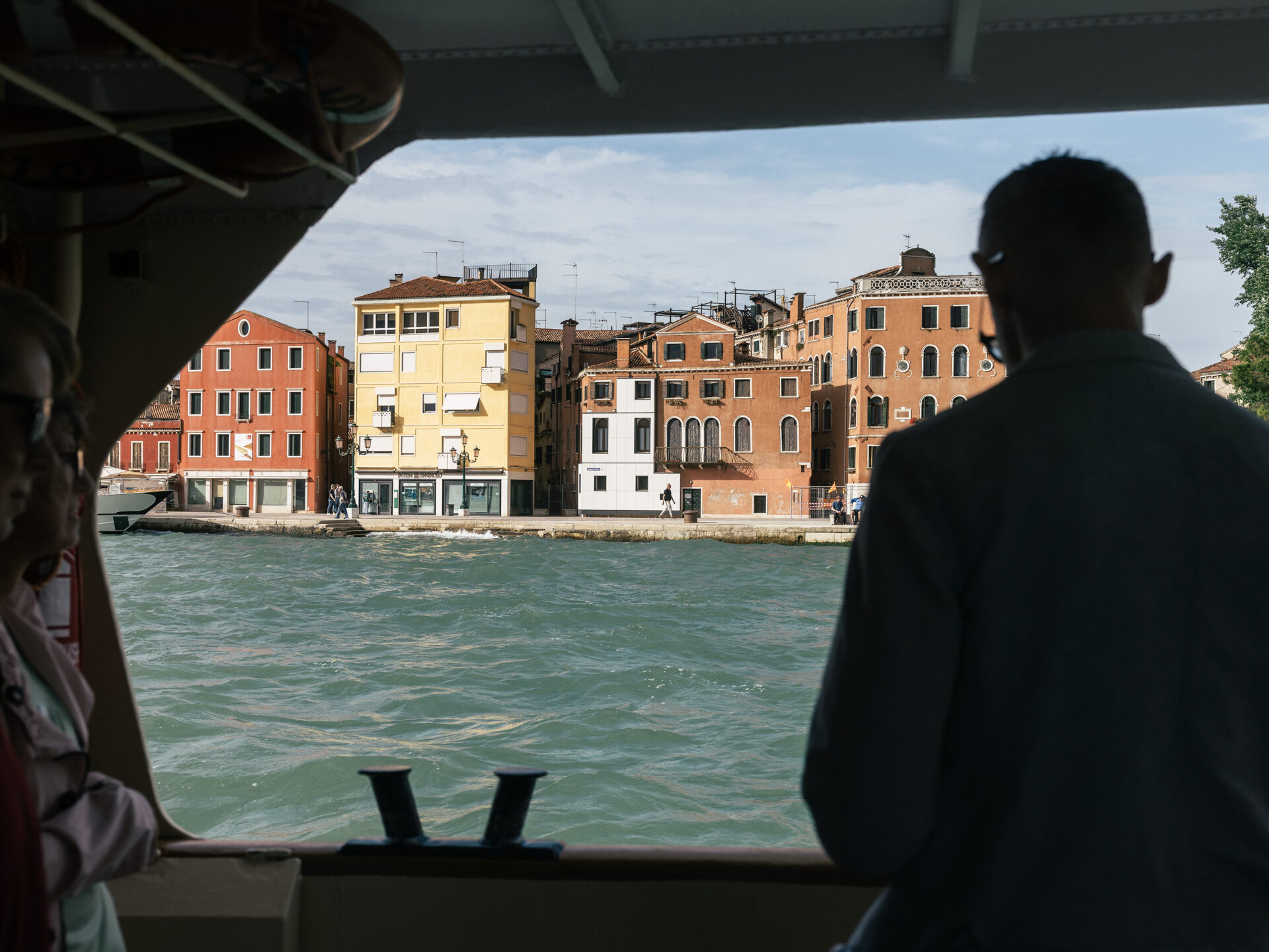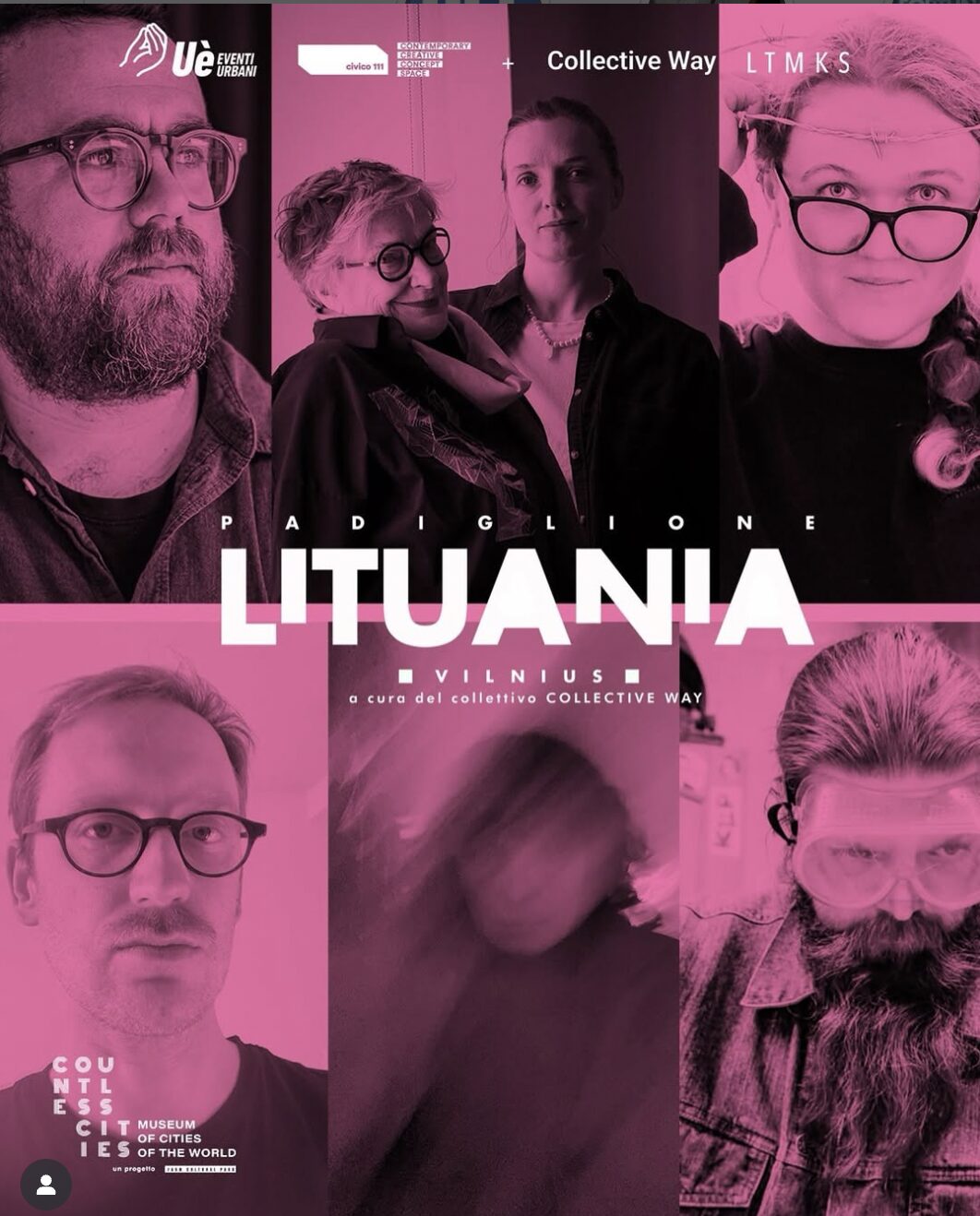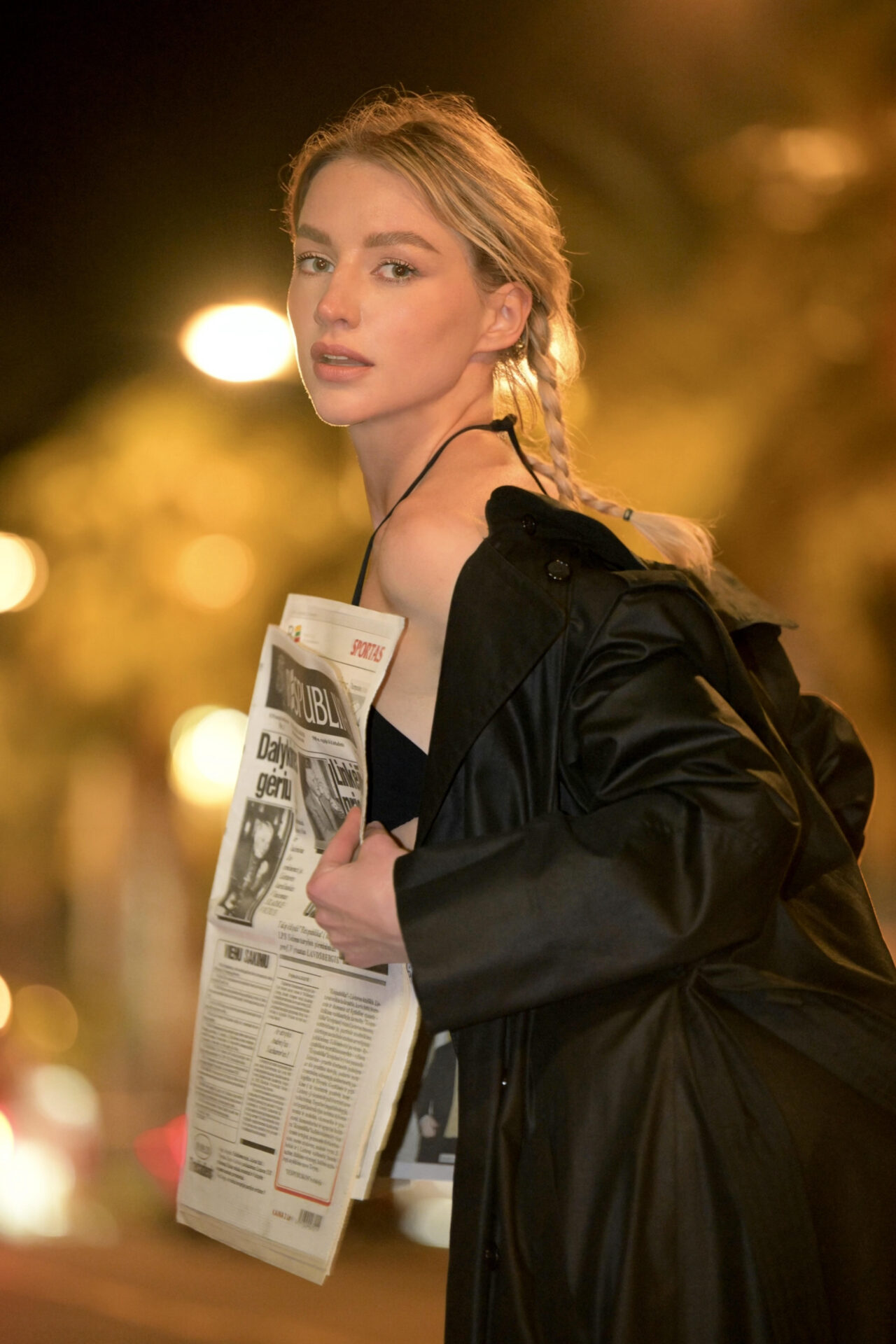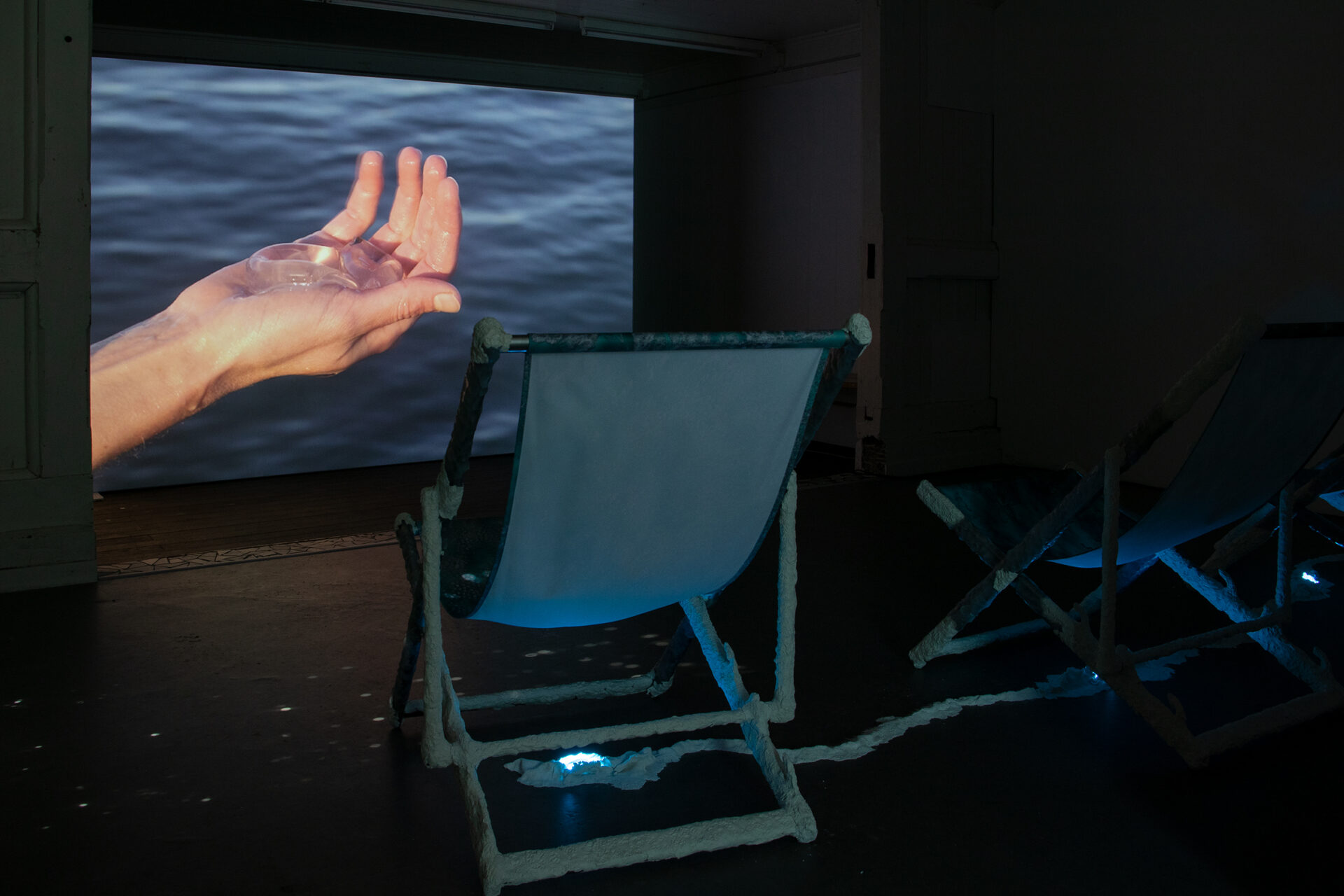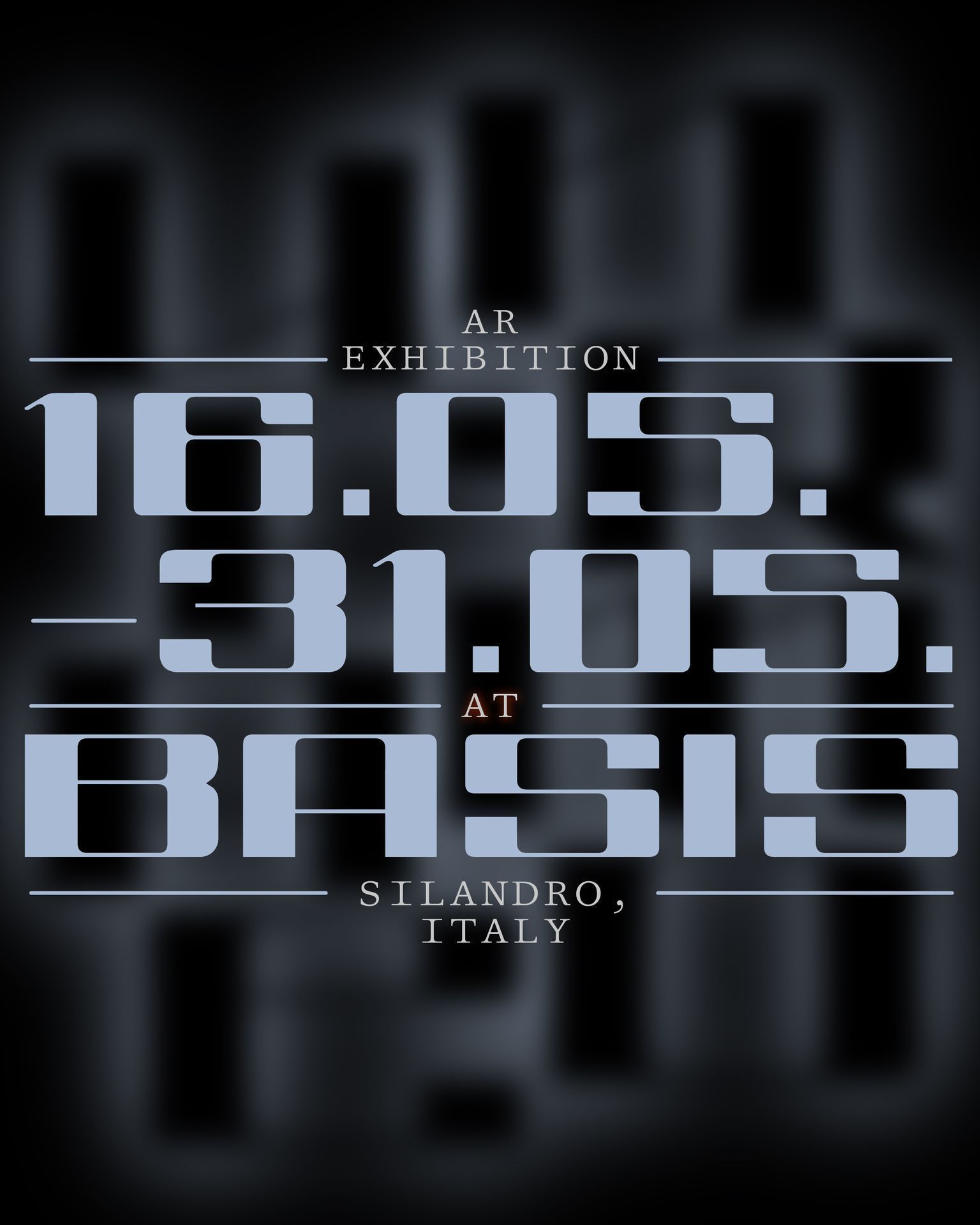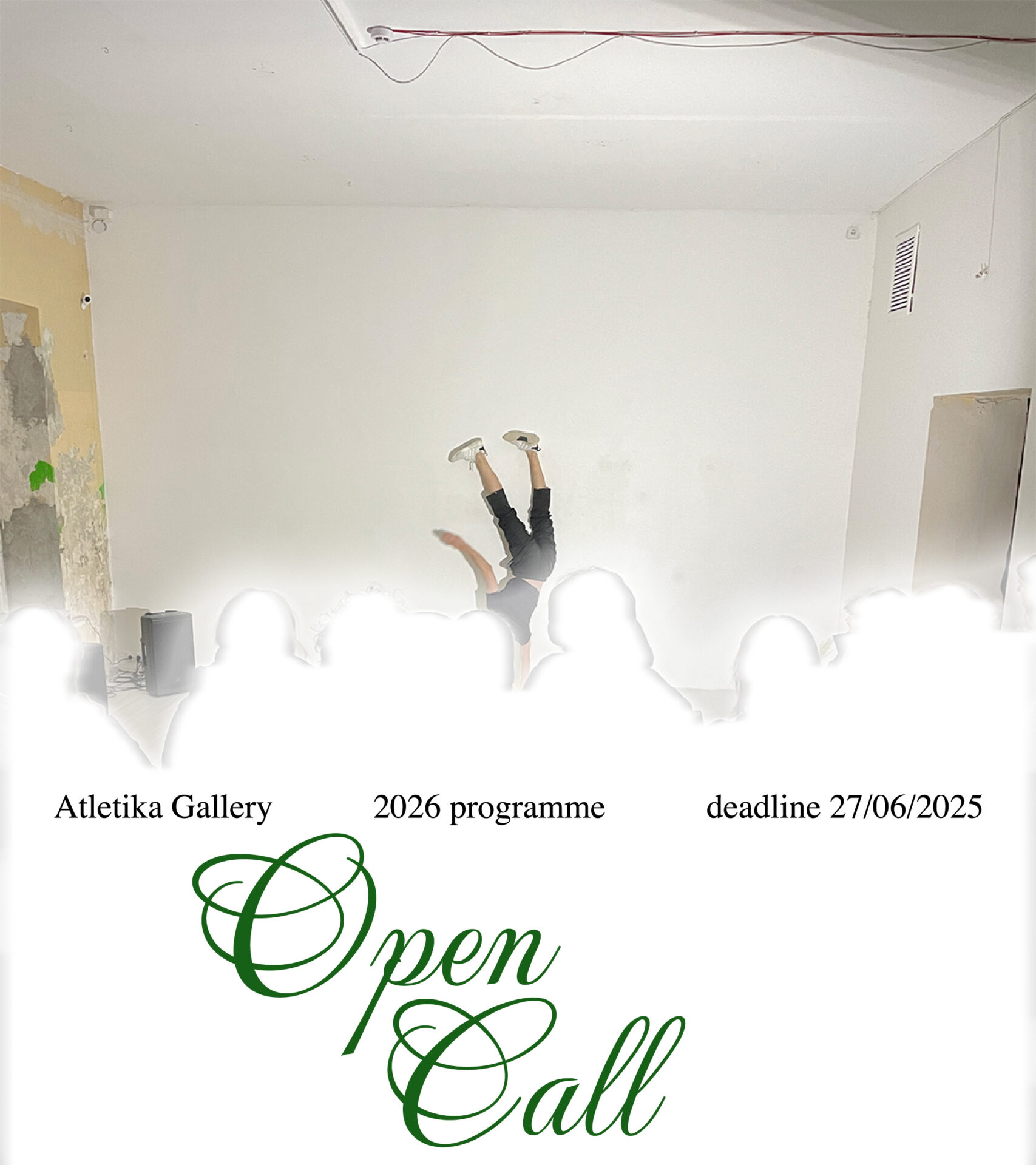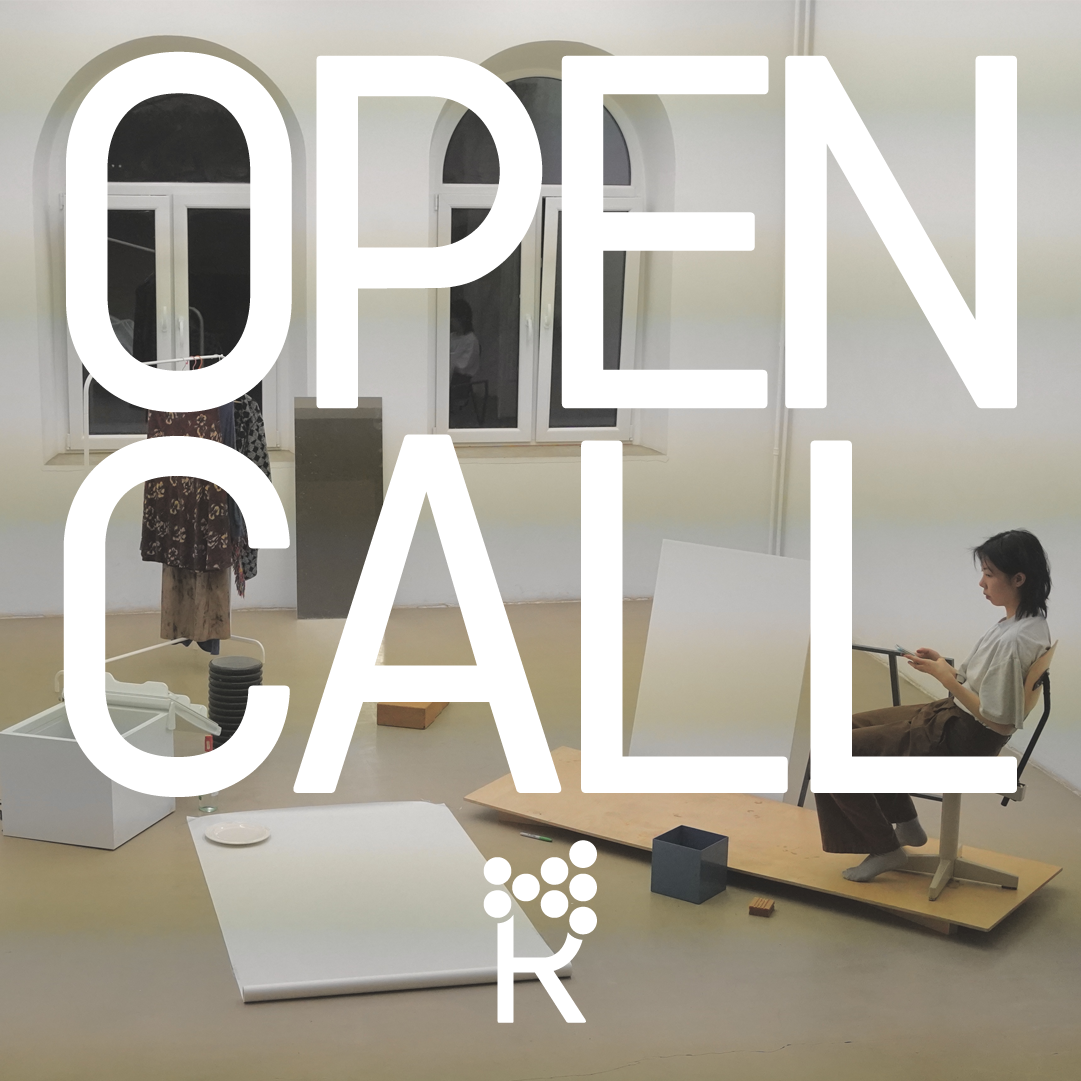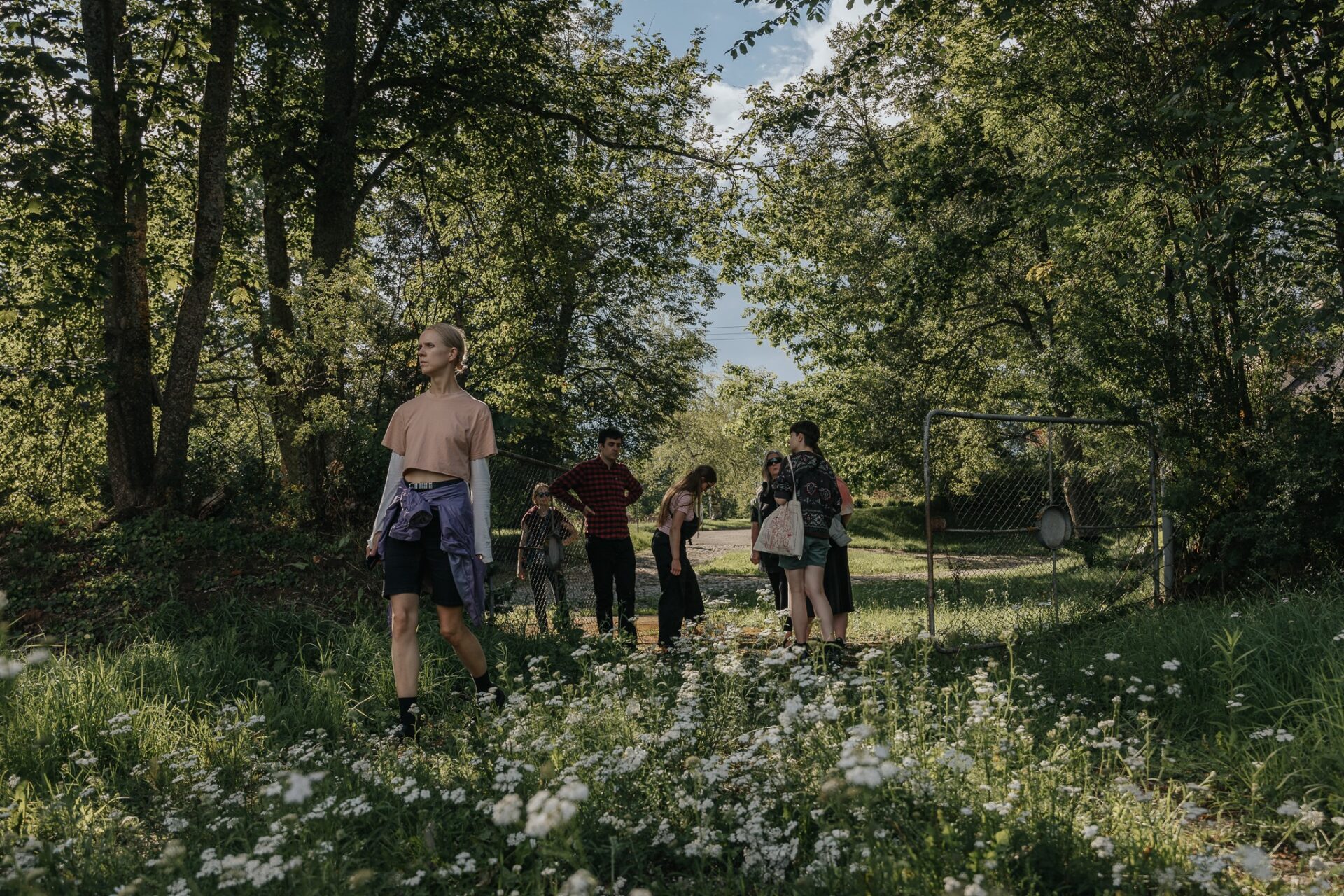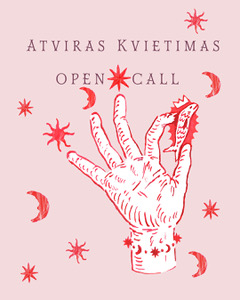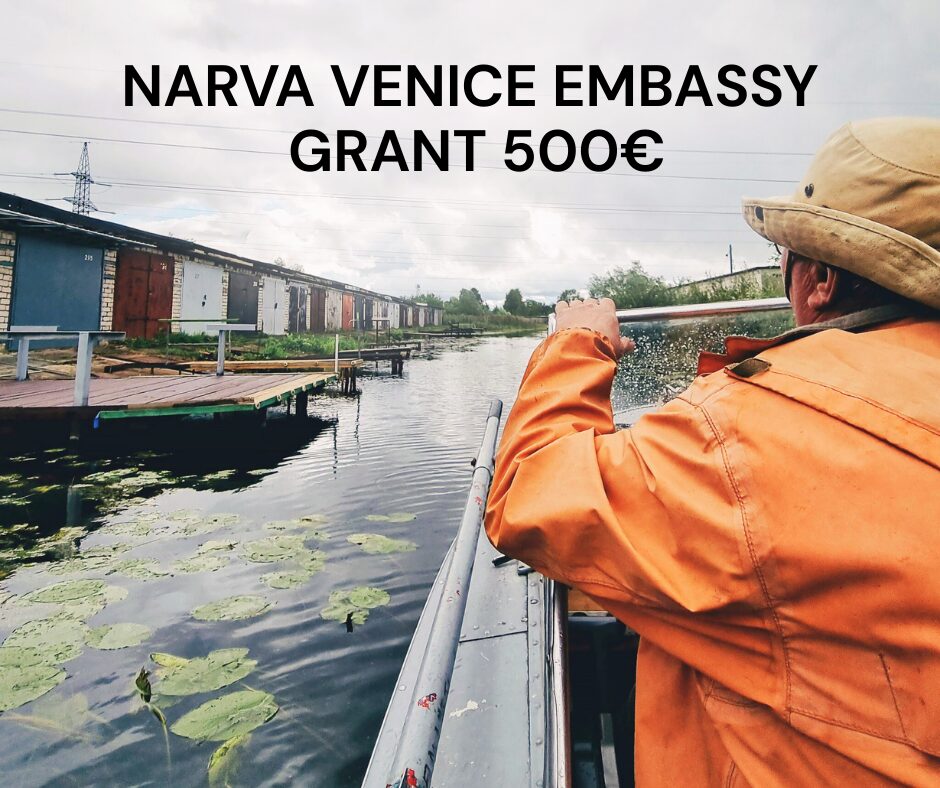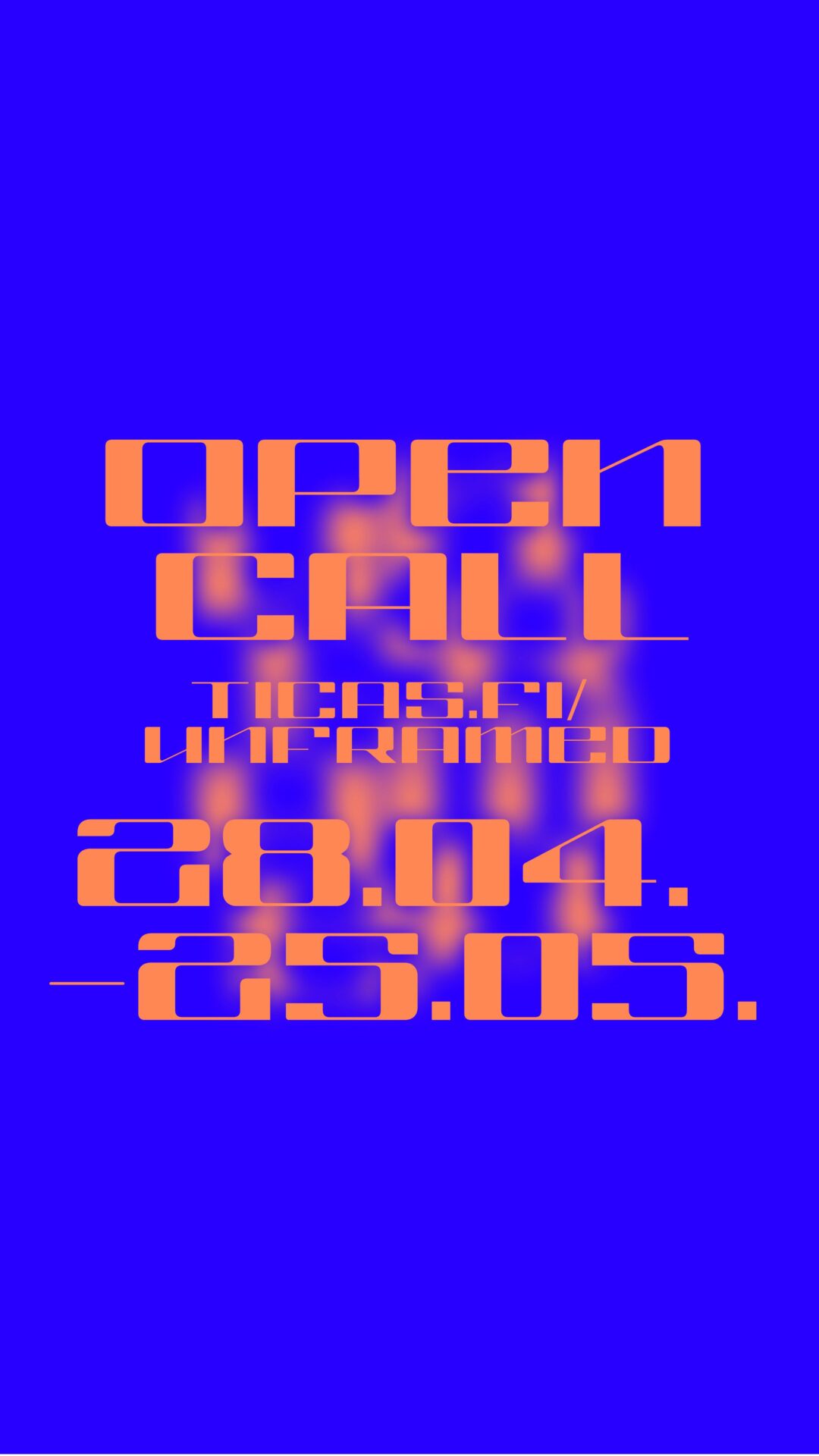The call for applications for the annual Summer School organized by the LCCA “Postsocialist Ecologies” is now open until June 27. The school will take place in Valmiera, Latvia on August 12 – 17, 2022 and is open to early career artists, art historians, humanities scholars, curators and cultural studies researchers (MA and PhD students are particularly encouraged to apply).
How can revisiting the past help to understand and work with contemporary political and environmental crises? The Summer School programme will address ecological issues through the lens of the Baltic region’s present and recent heritage, linking them to global processes and the context of decolonisation in the post-Socialist realm. The event seeks to develop ideas and practices for alternative ecologies, asking how they can develop new approaches to post-Socialists environments and communities.
The Latvian Centre for Contemporary Art Summer School is organised in collaboration with Municipality of Valmiera, Art Academy of Latvia, the Estonian Academy of Arts and the Kumu Art Museum (Tallinn). Its programme – seminars, workshops and creative sessions – will focus on the most relevant contexts of contemporary culture and ecologies through critical and posthumanist perspectives, exploring the relations between the non-human and human in the Baltics and Eastern Europe.
Speakers holding workshops and lectures are artists and researchers Egle Rindzeviciute, Diana Lelonek, Linda Boļšakova, Quinsy Gario, John Grzinic (tbc) et al.
The curators of the Summer School program are Ieva Astahovska and Linda Kaljundi.
Participation in the Summer School is free of charge; however, participants must cover partial accommodation and catering costs of 100 EUR.
To apply to participate, please fill out the application form:
https://ej.uz/lccasummerschool2022
We will respond to applicants by 4 July.
The most urgent environmental and ecological challenges – climate change, biodiversity loss, the collapse of ecosystems, the impacts of extractivism, production and consumption on our environment – are closely linked to social, political and cultural contexts. They are inevitably influenced by the specifics of a given place and region, as well as by much broader, global and planetary processes.
The structures and infrastructures of energy production built during the socialist era continue to influence today’s geopolitical processes and point to the entanglements between environmental and political processes. At the same time, environmental concerns affect each of us, linking ecological issues to community and participatory processes in society.
With the war in Ukraine, which is first and foremost an humanitarian catastrophe, but also an environmental disaster, as well as the need to radically reorient the existing energy market, environmental issues are becoming even more pressing. How do they affect not only political power structures, but also the processes of climate change?
What perspectives, ethics and responsibilities can guide new relationships not only between people, but also between living and non-living, human and non-human nature, between nature and culture, between society and the environment?
These questions are also the focus of contemporary art, which addresses them from a variety of perspectives. It interrogates not only the human relationship with nature, but also our notions of what nature and the natural are, the bodily relations with the environment, and calls for a transnational, anti-capitalist solidarity and care.
For any questions regarding application, please contact Elza Medne: elza@lcca.lv
More information about this year’s Summer School: https://lcca.lv/en/events/call-for-participants–lcca-s-summer-school–postsocialist-ecologies-/#izstade

